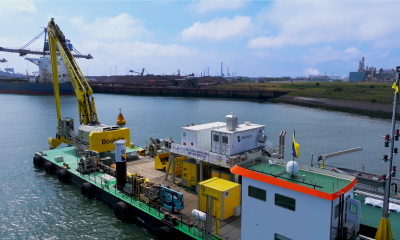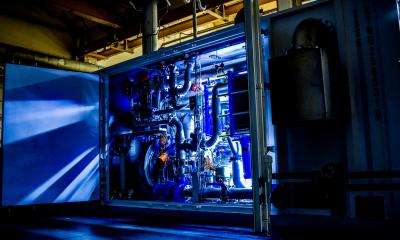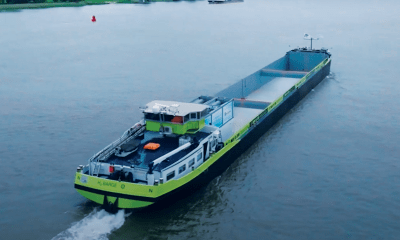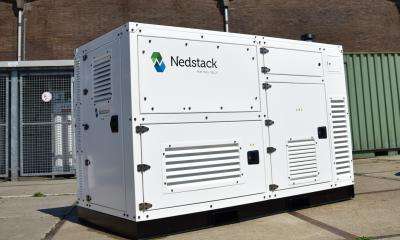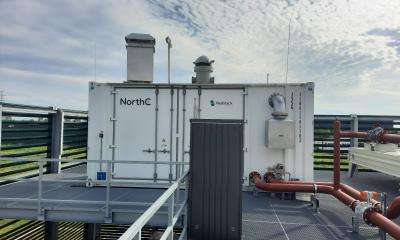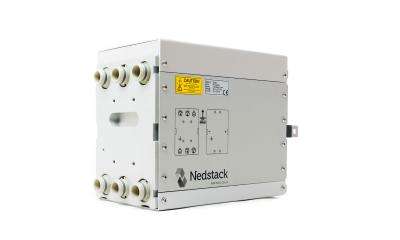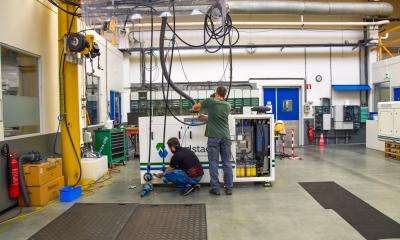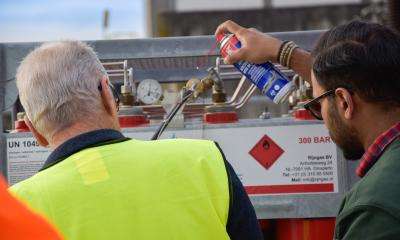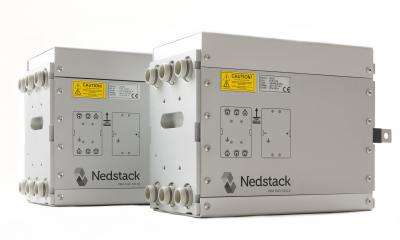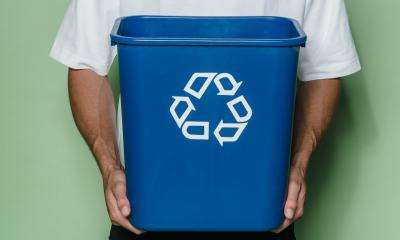''Green Shipping is important for the Wadden Sea in many respects. With innovations, we ensure that an important sector like shipping is prepared for the future. And more importantly, the environment of the vulnerable Wadden Sea benefits from this programme', says Chairman Henk Staghouwer of the Waddenfonds. Green Shipping involves a large number of parties. The project is carried out under the direction of FME, a business organisation for the technology industry. The industry contributes two-thirds to the total investment.
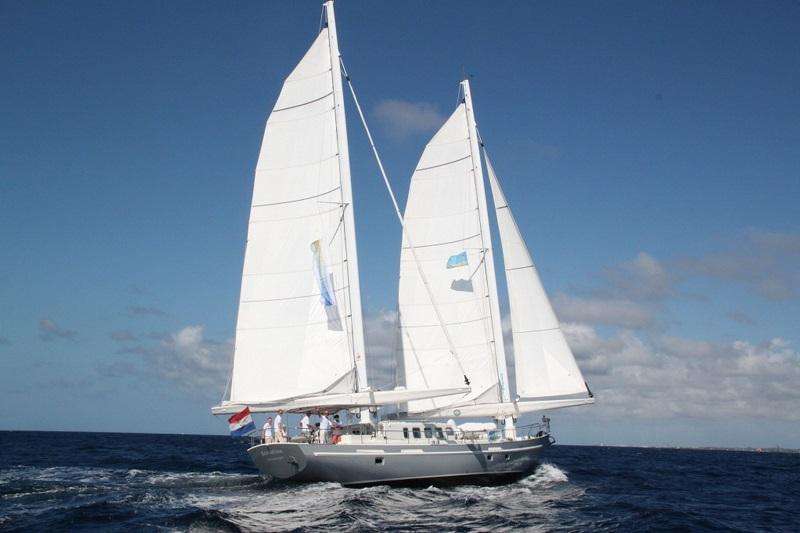
Less oil pollution
Green Shipping realizes not only less CO2 emissions but also a large reduction of carbon monoxides, sulfur dioxide and other pollutants in the Wadden Sea. In addition, ships that are electrically powered hardly make any noise and thus ensure more peaceful and quiet operations in the Wadden ports. The risk of oil pollution through leaks or accidents is also reduced. Green Shipping consists of a total of ten subprojects, the first five of which will be carried out until 2024. The next four years will include concrete knowledge, expertise and experience in developing clean technology and sailing on hydrogen. In this way, boat builders in the Wadden region can also build up a knowledge advantage in the sustainability of shipping.
The first project is called Hydrogen for shore power; (Waterstof voor Walstroom in Dutch). Waterstof voor Walstroom is a pilot in which a mobile hydrogen fuel cell generator is designed and tested in Groningen Seaports, the Port of Den Helder and Port of Harlingen. The technology will be developed and applied by Eekels Technology B.V., Nedstack Fuel Cell Technology and Bredenoord, with support from FME and Recoy.This installation can supply green energy to ships also in places at ports where fixed shore power is not available due to the high construction costs. Another project is the conversion of the sailing yacht Ecolution by astronaut Wubbo Ockels in order to sail on hydrogen. If successful, other medium-sized and larger ships can also follow. In addition to sailing on hydrogen, it is also being investigated whether biomethanol in a fuel cell can be made suitable for electric propulsion of ships.
The last two projects are being realized in the Port of Den Helder. A service vessel is being developed that sails electrically on hydrogen power. The ship will be used, amongst other, by research institutions.
In addition a local solar PV park is being built with an electrolyzer that converts the solar power into hydrogen, a pipeline to bring that hydrogen to the Port of Den Helder and a tank for hydrogen storage.
Green Shipping fits in seamlessly with the Investment Agenda for the Integrated Hydrogen Plan for the Northern Netherlands, which was presented in March last year. In this, governments and companies have agreed to invest a total of 2.8 billion in emission-free hydrogen over the next 10 years so that it can be produced on a large scale and profitably by 2030.
